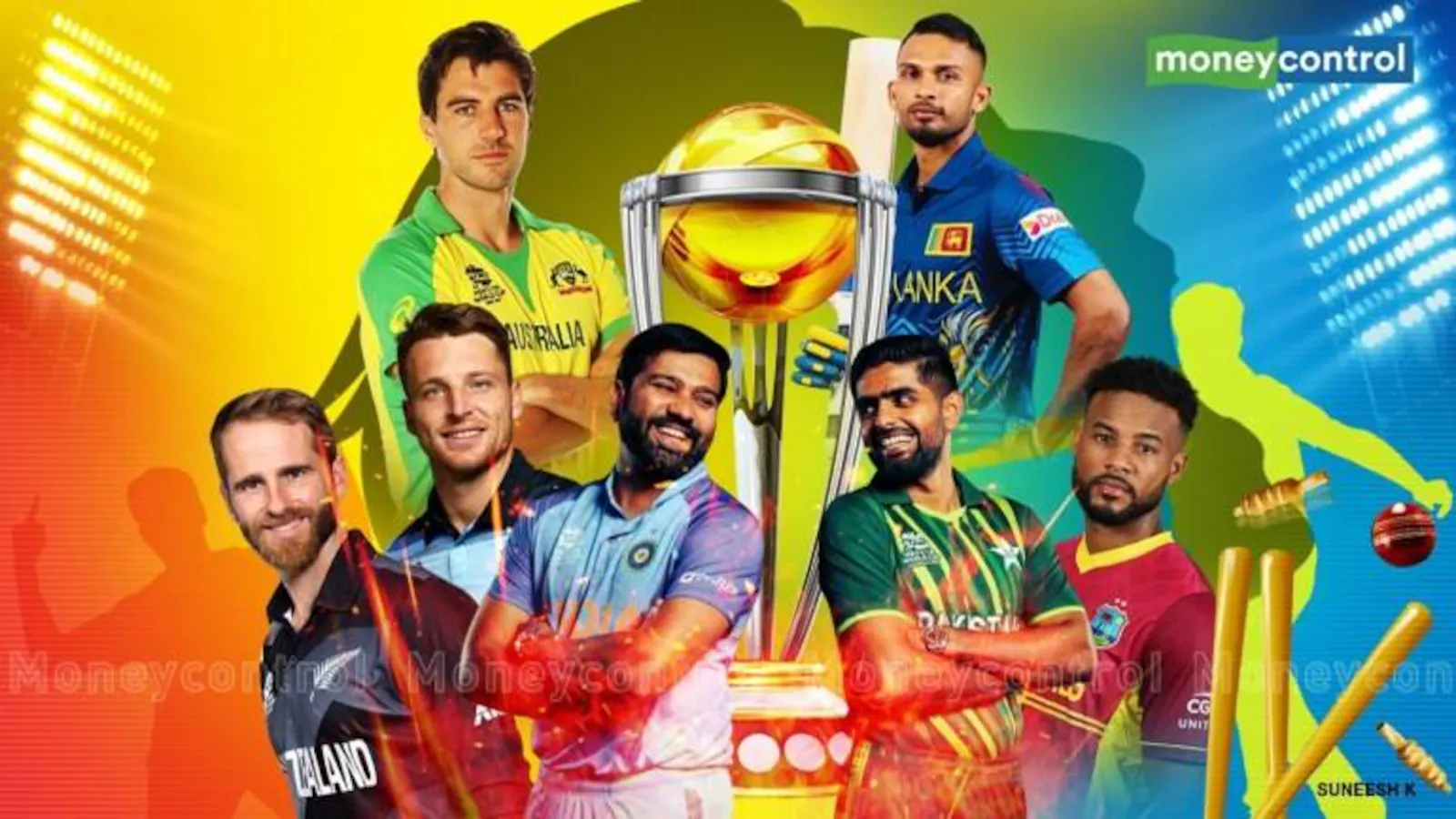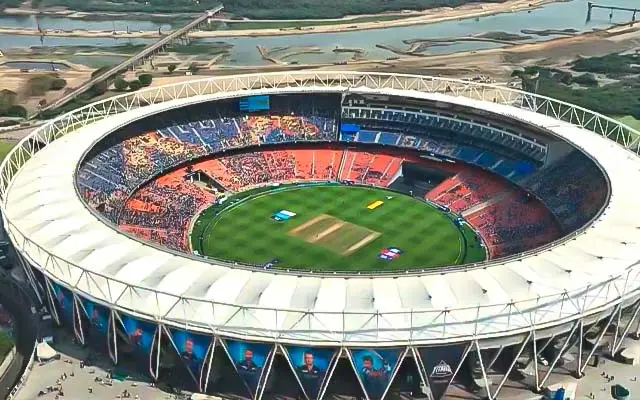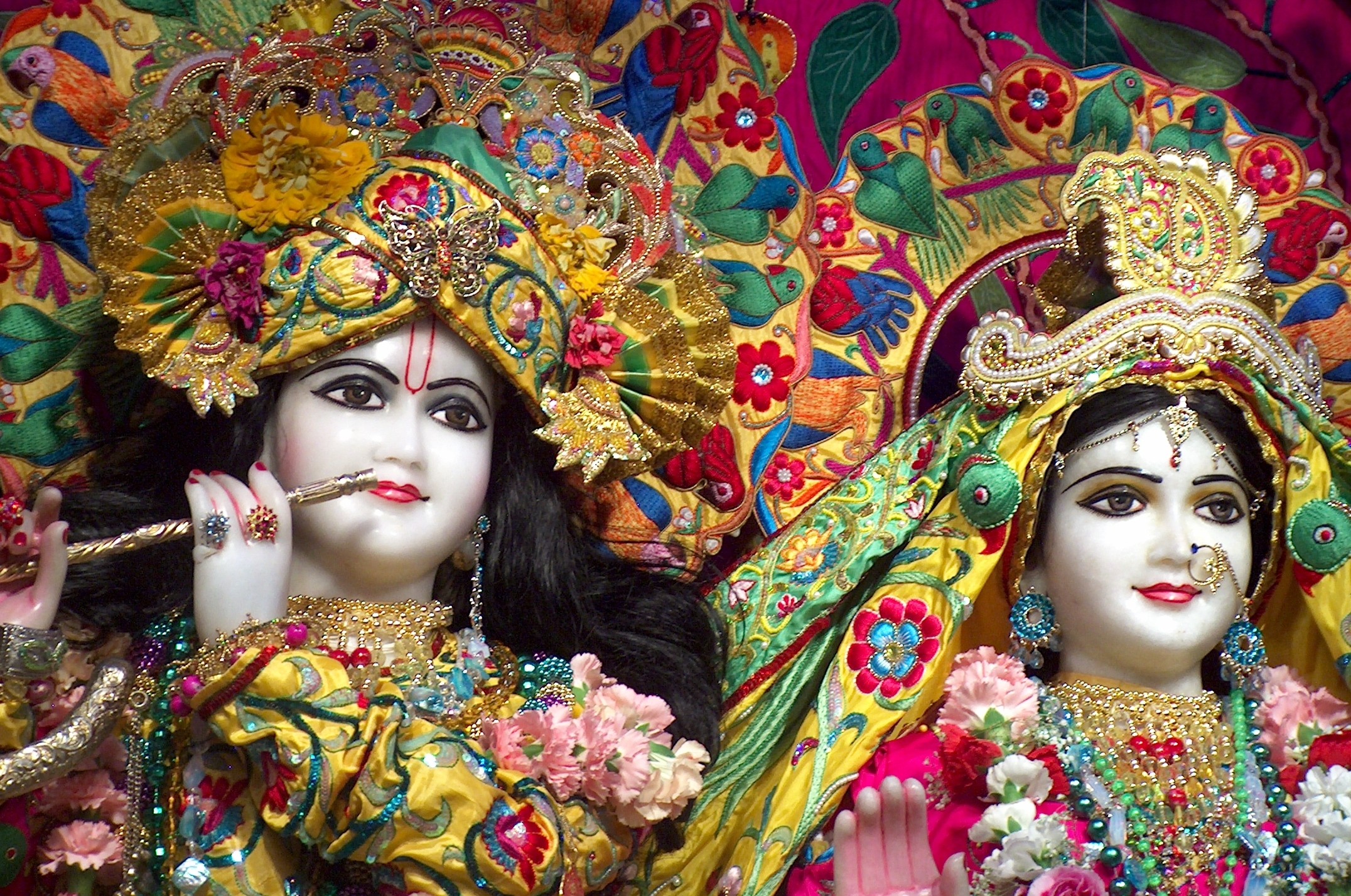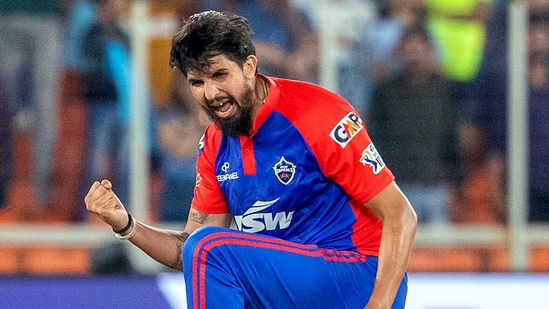Is There A World Cup Rematch

In the realm of international cricket, few spectacles rival the excitement and drama of a World Cup final. Every four years, cricketing nations vie for supremacy on the grandest stage, with the hopes of lifting the coveted trophy and etching their names into sporting history. However, amidst the euphoria of victory and the agony of defeat, the question inevitably arises: Is there a possibility of a World Cup rematch?
The idea of a World Cup rematch is a tantalizing prospect for cricket enthusiasts and pundits alike. Imagine the spectacle of two cricketing giants going head-to-head once again, with the fate of the trophy hanging in the balance. It conjures images of epic battles, nail-biting finishes, and moments of pure sporting brilliance.
Yet, while the notion of a rematch may seem appealing on the surface, it raises a host of logistical, practical, and ethical considerations. Chief among these is the sanctity of the original contest. The World Cup final is the culmination of months of preparation, dedication, and sacrifice for players and teams alike. To nullify the outcome of such a monumental event and stage a rematch could undermine the integrity of the tournament and diminish the significance of the original result.
Moreover, the logistics involved in organizing a World Cup rematch are nothing short of daunting. From scheduling conflicts to venue availability to player commitments, there are numerous hurdles to overcome in arranging such an event. Additionally, the financial implications of staging a rematch, including broadcasting rights, sponsorship deals, and ticket sales, must also be taken into account.
Ethically, the question arises: Would a rematch be fair to the teams involved? Cricket is a sport where success is earned through skill, strategy, and teamwork. To grant one team a second chance at glory while denying it to another could be perceived as unjust and arbitrary. Furthermore, the emotional toll of reliving the highs and lows of a World Cup final could take its toll on players, coaches, and fans alike.
Despite these challenges, the concept of a World Cup rematch is not without precedent. In other sports, such as boxing and football, rematches have been staged to settle contentious outcomes or disputes. In cricket, however, the idea remains largely unexplored, with the sanctity of the original contest typically upheld.
Ultimately, while the idea of a World Cup rematch may hold appeal for fans and pundits seeking closure or redemption, it remains a hypothetical scenario unlikely to materialize in reality. The World Cup final is a moment frozen in time, a testament to the triumphs and tribulations of the teams involved. To revisit that moment in search of a different outcome risks diminishing the magic and mystique of cricket’s most prestigious event.
In conclusion, the prospect of a World Cup rematch is a tantalizing yet complex conundrum that raises important questions about the nature of sport, competition, and fairness. While the idea may capture the imagination of cricket enthusiasts, it remains firmly entrenched in the realm of speculation, unlikely to become a reality anytime soon. As such, cricket fans will continue to cherish and debate the outcomes of World Cup finals past, celebrating the triumphs and commiserating the defeats, but always respecting the integrity of the game.
Introduction
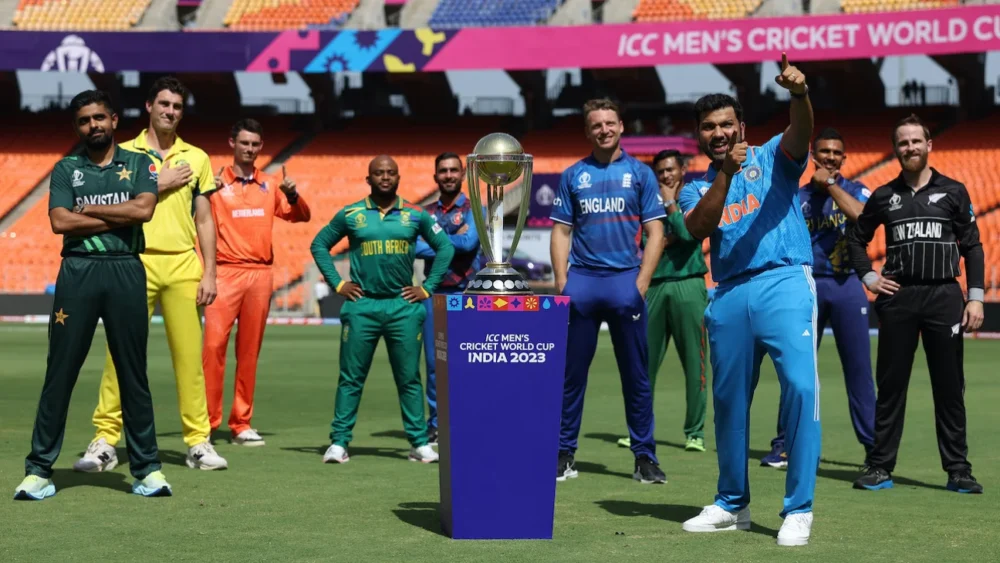
The notion of a World Cup rematch often sparks intrigue and debate among cricket enthusiasts worldwide. While the idea of witnessing two cricketing powerhouses locking horns again on the grandest stage is undeniably enticing, the practicality and implications of such an event merit careful consideration.
Logistical Challenges of world cup rematch
Organizing a World Cup rematch presents a myriad of logistical hurdles. From scheduling conflicts to venue availability, numerous factors must align to make such an event feasible. Additionally, player commitments, broadcasting rights, and financial considerations further complicate the logistical landscape.
Ethical Considerations
One of the central ethical dilemmas surrounding a World Cup rematch revolves around the integrity of the original contest. The World Cup final represents the culmination of months of preparation and dedication for players and teams. Nullifying the outcome of such a significant event could undermine the integrity of the tournament and diminish the value of the original result.
Fairness to Teams
Granting one team a second chance at glory while denying it to another raises questions of fairness and sportsmanship. Cricket is a sport where success is earned through skill, strategy, and teamwork. Introducing the concept of a rematch could be perceived as arbitrary and unjust, potentially tarnishing the reputation of the sport.
Historical Precedents
While rematches are common in other sports, such as boxing and football, they remain relatively rare in cricket. The sport’s tradition and reverence for the sanctity of competition have led to rematches being viewed with skepticism. Instead, cricket tends to uphold the results of its marquee events, respecting the outcomes as definitive.
Conclusion
In conclusion, while the idea of a World Cup rematch may intrigue fans and pundits alike, it remains a concept fraught with challenges and ethical considerations. The logistical complexities, ethical dilemmas, and historical precedents surrounding such an event make it unlikely to materialize in reality. As such, cricket enthusiasts will continue to cherish and debate the outcomes of World Cup finals past, recognizing them as definitive moments in the sport’s rich tapestry.
Glorious Triumph: India’s Best Year in Cricket World Cup History
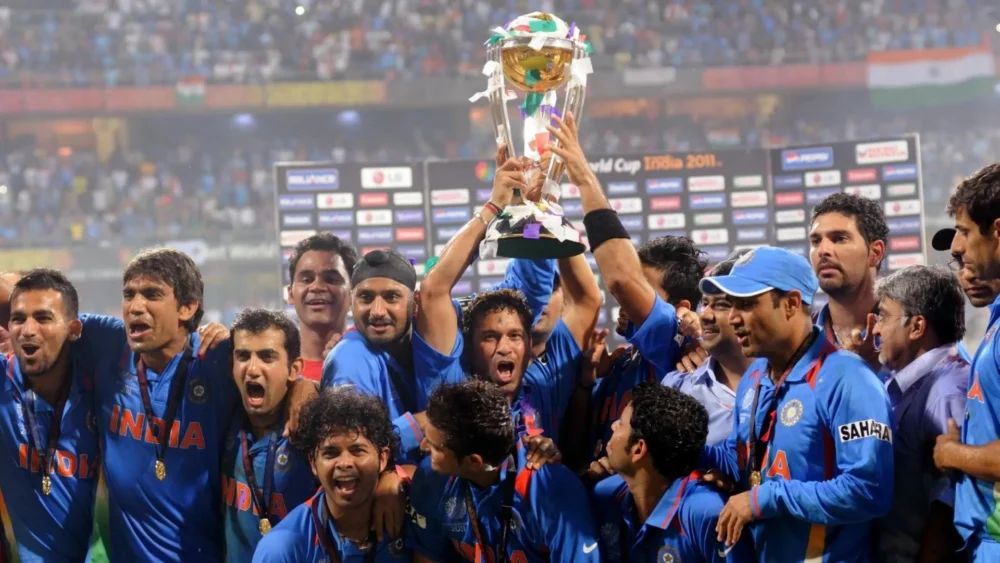
In the annals of Indian cricket, few moments evoke as much pride and jubilation as the historic victories in the Cricket World Cup. While India’s triumphs in 1983 and 2011 stand as monumental achievements, one year shines brightest in the nation’s cricketing history – 2011. Let’s delve into why 2011 was India’s best year in Cricket World Cup history.
The Road to Glory:
The 2011 ICC Cricket World Cup, co-hosted by India, Sri Lanka, and Bangladesh, was a spectacle of cricketing excellence and fervor. From the outset, the Indian team, led by the astute leadership of Captain MS Dhoni and the batting prowess of Sachin Tendulkar, embarked on a journey filled with highs and lows, overcoming formidable opponents and adversity alike.
Memorable Moments:
Throughout the tournament, India showcased their mettle on the biggest stage, delivering memorable performances and unforgettable moments that captured the hearts of millions of fans. From Yuvraj Singh’s all-round brilliance to Virender Sehwag’s explosive batting displays, the Indian team displayed a perfect blend of talent, determination, and teamwork.
The Final Showdown:
The pinnacle of India’s campaign came in the final match against Sri Lanka at the Wankhede Stadium in Mumbai. In a high-stakes encounter, India faced a formidable Sri Lankan side led by Kumar Sangakkara. Chasing a target of 275 runs, India stumbled early in their innings, losing both openers cheaply. However, a resolute partnership between Gautam Gambhir and MS Dhoni steadied the ship, guiding India towards the coveted trophy.
Dhoni’s Masterstroke:
In a stroke of genius, Captain MS Dhoni promoted himself up the batting order, shouldering the responsibility of guiding India to victory. His iconic six over long-on off Nuwan Kulasekara in the final over remains etched in the memories of cricket fans worldwide, symbolizing India’s triumph and Dhoni’s indomitable spirit.
The Crowning Moment:
As Dhoni struck the winning runs, a wave of euphoria swept across the nation, as millions of Indians rejoiced in the glory of victory. The Wankhede Stadium erupted in jubilation, with fans chanting and celebrating India’s triumph, echoing the sentiments of a nation united in pride and joy.
Legacy and Inspiration:
India’s victory in the 2011 Cricket World Cup left a lasting legacy, inspiring a new generation of cricketers and instilling a sense of belief and pride in the nation’s cricketing prowess. The triumph served as a testament to the resilience, talent, and unwavering spirit of the Indian team, showcasing their ability to overcome challenges and emerge victorious on the grandest stage of them all.
In Conclusion
The year 2011 will forever hold a special place in the hearts of Indian cricket fans, as it marked the crowning moment of triumph in the nation’s cricketing history. From the highs of victory to the indelible memories created on the field, India’s triumph in the 2011 Cricket World Cup stands as a testament to the power of teamwork, determination, and the undying spirit of cricket.
The Quest for a Cricket World Cup Rematch: Exploring Cricket’s Greatest Rivalries
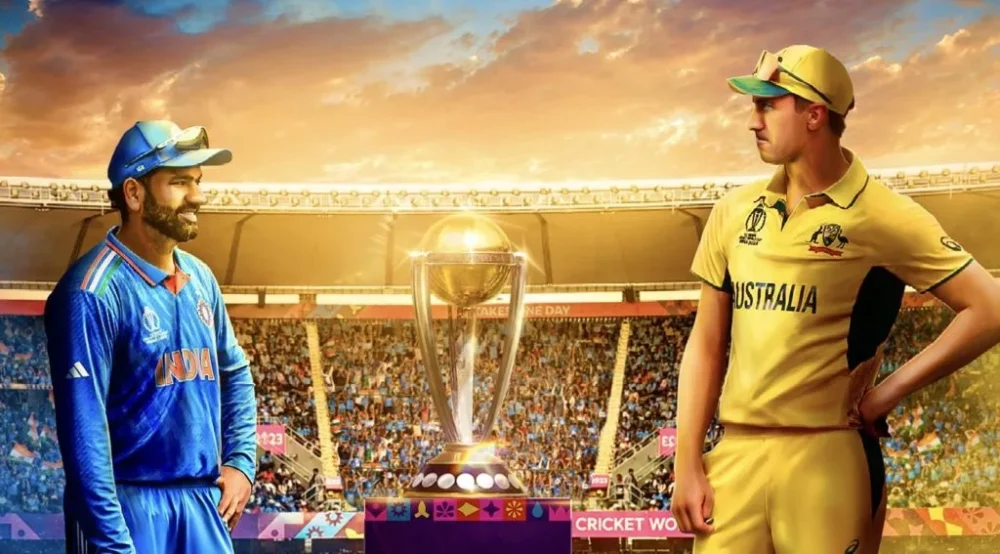
The Cricket World Cup, a spectacle of cricketing brilliance and passion, has witnessed some of the most iconic rivalries in the history of the sport. From India vs. Pakistan to Australia vs. England, these clashes have captivated audiences and etched themselves into the fabric of cricketing folklore. But amidst the fervor and anticipation, one question looms large: Is there a possibility of a World Cup rematch, reigniting old rivalries and reliving past glories?
The Essence of Rivalries:
At the heart of cricket’s greatest rivalries lies a rich tapestry of history, culture, and national pride. Matches between arch-rivals transcend mere sporting contests, becoming symbolic battles for supremacy and bragging rights. Whether it’s the intensity of an India-Pakistan clash or the historic rivalry between Australia and England, these encounters evoke emotions and captivate fans like no other.
Historic Rematches:
The history of the Cricket World Cup is replete with instances of memorable rematches, where old foes have squared off once again on the grandest stage of them all. One such example is the 1983 World Cup final between India and the West Indies, a rematch of their encounter in the group stage. In a stunning upset, India emerged victorious, securing their first-ever World Cup title and etching their names into cricketing history.
Similarly, the 1996 World Cup saw a rematch of the 1975 semifinal between Australia and the West Indies. In a thrilling encounter, Australia exacted revenge for their defeat two decades earlier, emerging triumphant and signaling their emergence as a cricketing powerhouse.
The Prospect of Future Rematches:
As cricket evolves and the World Cup continues to capture the imagination of fans worldwide, the prospect of future rematches remains tantalizing. With each edition of the tournament, old rivalries are reignited, and new chapters of cricketing history are written. Whether it’s the fervent hope of witnessing an India-Pakistan showdown or the excitement of an Australia-England clash, the allure of a World Cup rematch is undeniable.
Challenges and Uncertainties:
However, the road to a World Cup rematch is fraught with challenges and uncertainties. The format of the tournament, the performance of teams in qualifying stages, and the luck of the draw all play a significant role in determining potential matchups. Additionally, factors such as injuries, form, and team dynamics can impact the outcome of matches, making predictions and expectations a precarious endeavor.
Conclusion
In conclusion, while the prospect of a Cricket World Cup rematch remains a tantalizing possibility, it is ultimately dictated by a myriad of factors and circumstances. Yet, the essence of cricket’s greatest rivalries and the allure of reliving past glories ensure that the dream of witnessing a rematch on the grandest stage of them all will continue to captivate fans and inspire cricketing nations for generations to come.
Unforgettable Performances: The Top 5 Players of the Last Cricket World Cup
Introduction
The Cricket World Cup is a stage where legends are made and heroes emerge. In the last edition of this prestigious tournament, several players showcased their talent and left an indelible mark on the cricketing world. Let’s delve into the performances of the top five players who lit up the last World Cup with their brilliance and skill.
- Rohit Sharma (India): Rohit Sharma’s performance in the last World Cup was nothing short of spectacular. The Indian opener displayed unparalleled consistency and class, scoring a record-breaking five centuries in a single edition of the tournament. His ability to anchor innings and accelerate when needed made him a formidable force at the top of the order, earning him the title of the highest run-scorer in the tournament.
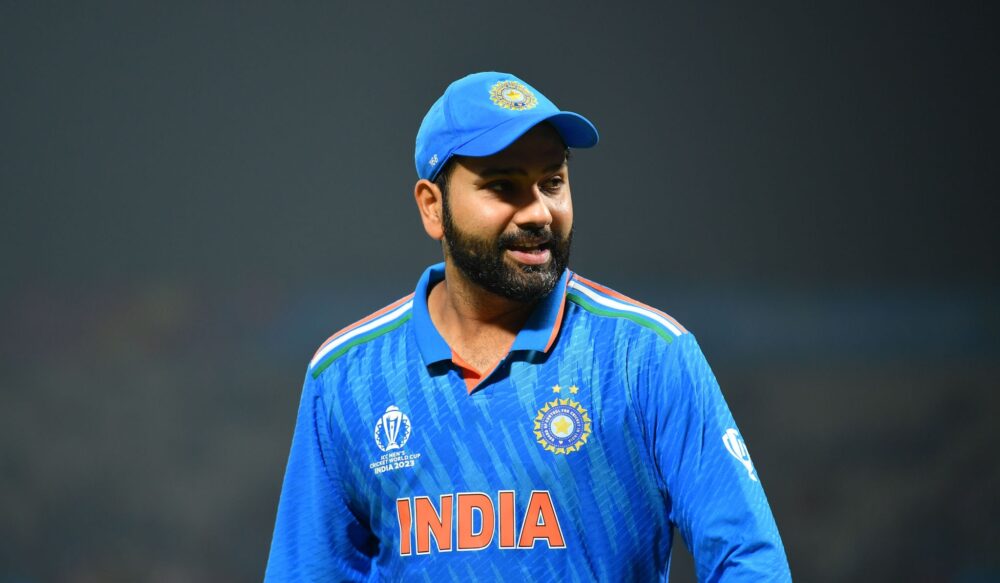
- Mitchell Starc (Australia): Mitchell Starc’s lethal left-arm pace and pinpoint accuracy made him the standout bowler of the last World Cup. The Australian speedster wreaked havoc on opposition batsmen with his menacing yorkers and deceptive variations, finishing as the tournament’s leading wicket-taker. His ability to deliver in crunch situations and provide breakthroughs at crucial junctures played a pivotal role in Australia’s journey to the semi-finals.
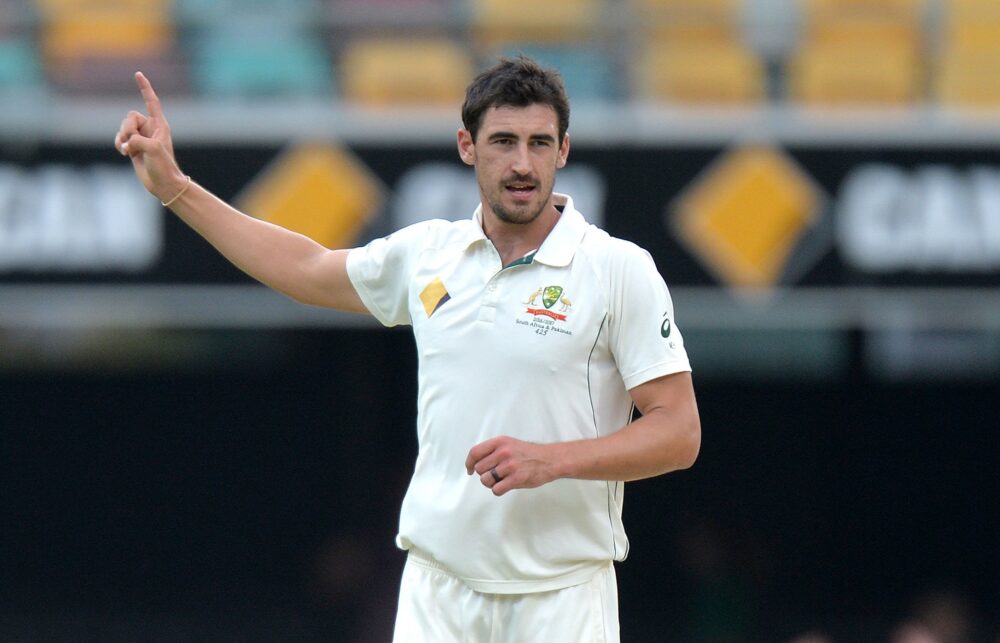
- Kane Williamson (New Zealand): Kane Williamson’s masterful batting and astute captaincy were instrumental in New Zealand’s success in the last World Cup. The Kiwi skipper led from the front with the bat, scoring runs consistently and guiding his team to crucial victories. His calm demeanor under pressure and tactical acumen earned him widespread admiration, culminating in a memorable run to the final for New Zealand.
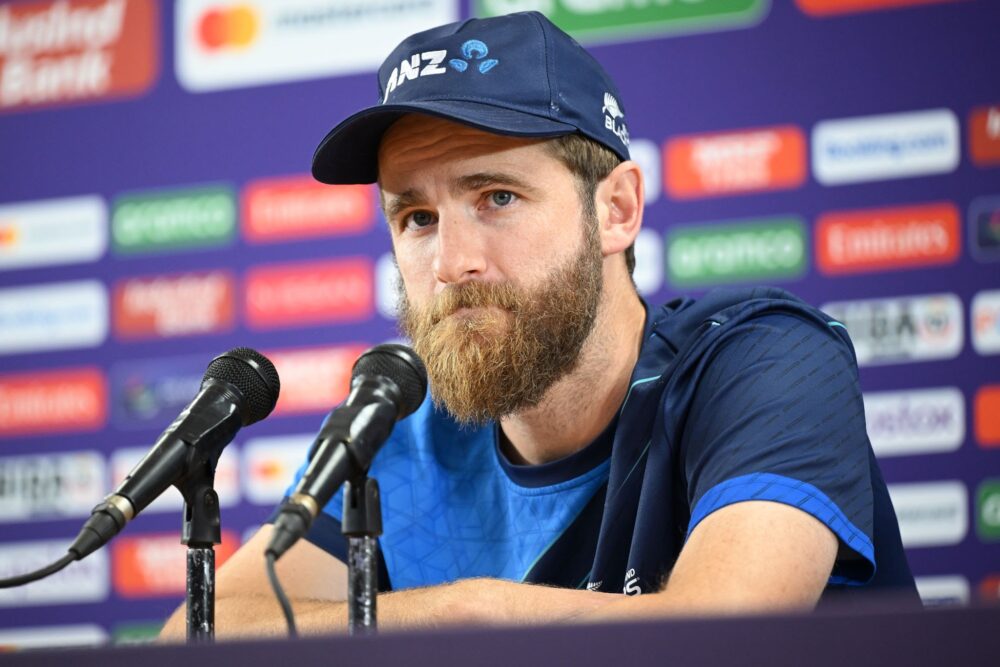
- Shakib Al Hasan (Bangladesh): Shakib Al Hasan’s all-round brilliance was a highlight of the last World Cup. The Bangladeshi stalwart showcased his versatility with both bat and ball, scoring runs prolifically and picking up crucial wickets throughout the tournament. His ability to contribute in all departments of the game made him a valuable asset for Bangladesh and earned him accolades as one of the standout performers of the tournament.

- Ben Stokes (England): Ben Stokes’ heroics in the last World Cup final will be etched in cricketing folklore for years to come. The England all-rounder played a pivotal role in his team’s triumph, delivering crucial performances with both bat and ball when it mattered most. His fearless approach under pressure and never-say-die attitude epitomized the spirit of champions, making him a deserving recipient of the Player of the Match award in the final.

Conclusion: The last Cricket World Cup witnessed some extraordinary performances from players across the globe. From Rohit Sharma’s run-scoring spree to Mitchell Starc’s lethal bowling, these five players stood out with their exceptional talent and contributed significantly to their teams’ success. As cricket fans eagerly await the next edition of the tournament, they’ll look back fondly on the memories created by these cricketing maestros on the grandest stage of them all.

